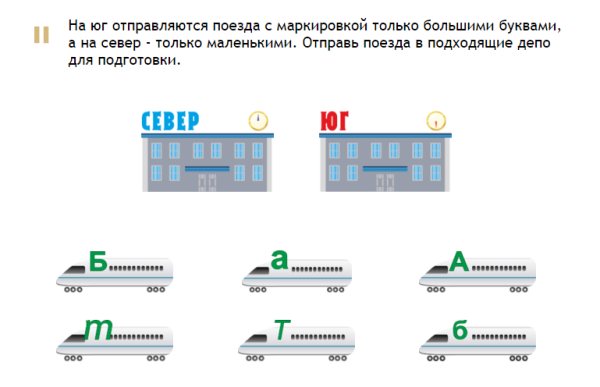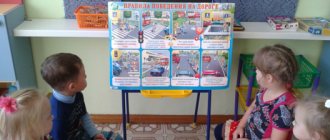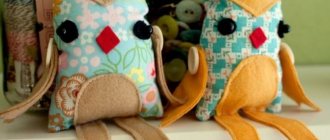What do you need for school?
Preparing for school is a very diverse process in which it is important to take into account the knowledge, skills and abilities of the future first-grader.
Psychological maturity
Assess how much the child understands that now his life will include not only games, but also educational activities.
First, pay attention to the emotional-volitional sphere: the future first-grader must control emotions. The inability to contain joy, anger, excitement, and resentment can affect relationships between classmates and affect the quality of studies.
Secondly, train your preschooler’s concentration and perseverance: teach your child to complete things he has started, without leaving them to the last minute. Organize home “lessons” - draw, sculpt, do shading, but always at the table and for 15-20 minutes, without interrupting for other tasks. Consistency and habit are important - to work strictly at the workplace, concentrating on a specific task. Household chores also help well in developing this skill: taking care of a pet, cleaning your room or watering flowers.
School preparation program from IQshi
The website for the harmonious development of IQsha will help you effectively prepare for school, anywhere in the world. IQsha offers many exercises in a playful way to develop logical thinking, speech, reading, and counting skills. This way you can diversify the learning process and make it easier and more fun.
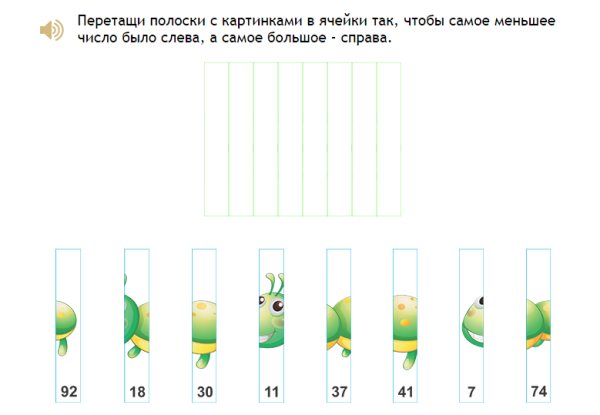
The most important thing is to be attentive and patient with your child, take into account his wishes, and do not race for success, looking at the achievements of other children. First of all, it depends on the parents what kind of attitude the future first-grader will have towards school. Be warm, accepting mentors, talk to your child more often and be interested in what emotions he is experiencing, trying to show as much participation as possible. Don't make school preparation your number one goal. Play, walk, have fun and turn your lessons into fun, playful activities that will help you develop your skills in a fun and stress-free way.
How to prepare your child for school on your own?
Studying at school changes the entire routine life of a child. Is it possible to prepare your baby for a new stage on your own? Certainly! The main thing is to stock up on time, desire and patience. Preparing for school is a long process, which consists not only of learning to read and write, but also of psychological support for the future first-grader.
When choosing to prepare for school in a developmental studio or preparatory class, it is important to understand that only knowledge can provide there. They do not teach discipline and daily routine. But the preparation itself in the studio is more effective, because the preschooler is in a group and quickly learns new information.
For busy parents, there is another alternative - online classes. Is it possible to entrust this important process to online child development services and be confident in the results? More likely no than yes.
The advantage is that the child will study independently, because all classes are designed in an accessible and fun way. But adults must monitor the learning process and check how well the preschooler learns information.
Therefore, online services are excellent assistants, but they cannot completely replace classical training. The best training option is combined, when the child studies at home and in a preparatory studio or on child development sites.
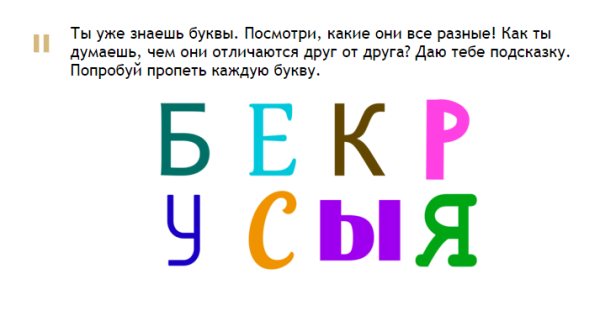
Do exercises to prepare for school from Ikyusha
Mathematics
Reading
The world
Logics
English language
Physical training
A first-grader will spend a lot of time on the move: the road to school, recess, outdoor games, so cultivate physical endurance in children.
In this endeavor, a personal example is important: move, spend time with children outside, play active games. If possible, send your child to a sports section before starting school. This way the baby will get used to regular classes and systematic physical activity.
Compliance with the daily routine can also be attributed to such preparation. Children who have not been accustomed to this find it much more difficult to adapt to the school routine. This is especially true for preschoolers who do not attend kindergarten. At least a few months before school, start waking up your child at the same time, and also try to organize meals, getting up and going to bed on a clear schedule.
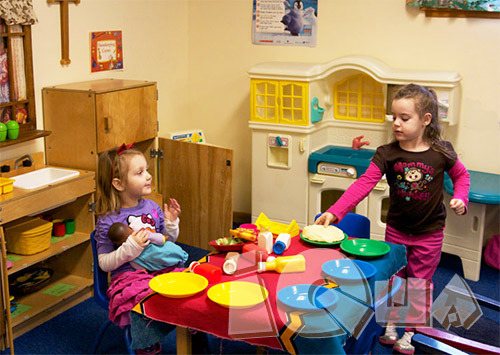
Teach preschoolers discipline: washing and dressing themselves, making the bed, putting away toys and books. To do this, come up with an exciting game where all actions will become part of a big adventure quest: complete them at speed, earn bonuses, share achievements with each other, add funny rituals. Be sure to praise your child if he did it faster than usual, and support him if he was a little late today. The main thing is to maintain a good mood! In this playful form, you can unobtrusively accustom a preschooler to a routine and later to get ready for school independently.
Intellectual development
This is not only the ability to read, write, count (after all, this can be taught at school). It is more important to teach a child to reason, compare facts, be able to express his thoughts and give reasons for them.
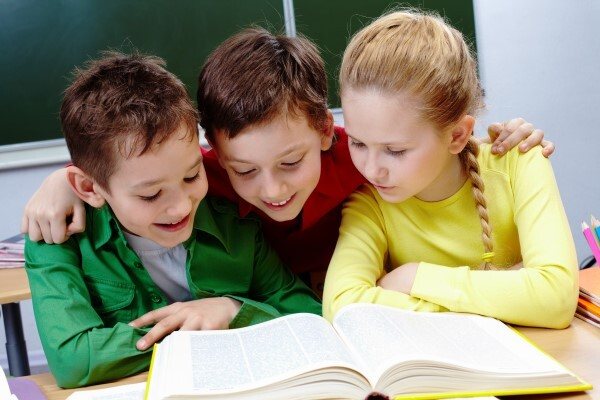
This will require logic and speech. Logical thinking helps to analyze and compare information, find and apply non-standard solutions, and developed speech will allow you to communicate more comfortably in a team and in class. The child will be able to easily express his thoughts and defend his point of view. Then communication will bring pleasure and joy.
